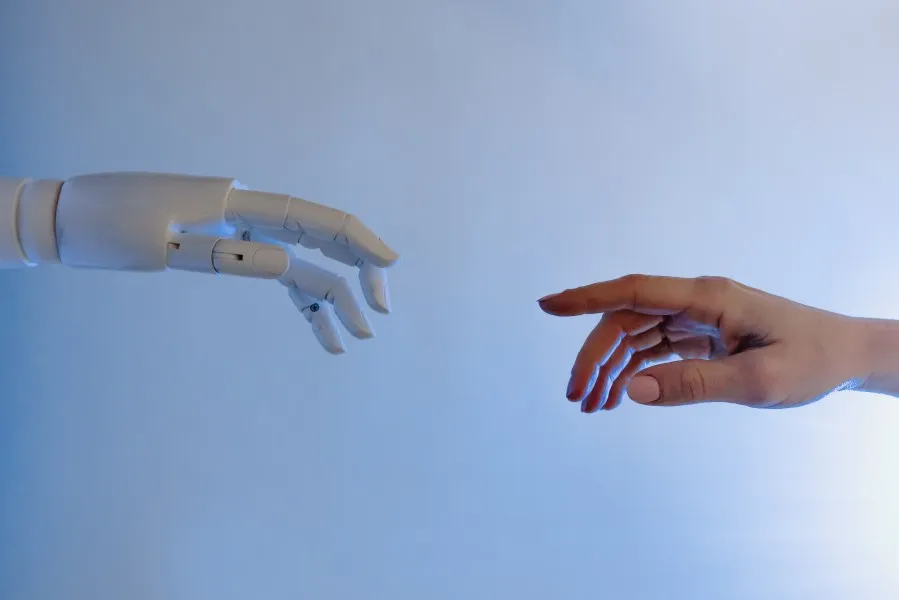Empowering Creativity: How AI Will Transform Design and Visual Artistry

AI is revolutionizing the design industry, empowering designers with cutting-edge tools and insights to create stunning visuals and seamless user experiences. Exciting times ahead for designers and AI!
AI will empower designers and visual artists in the future:
Enhanced Design Capabilities:
AI tools can help designers generate photorealistic images, create realistic simulations, and automate repetitive tasks, allowing them to focus on higher-level design tasks and push the boundaries of their creativity.
Improved Efficiency:
With AI, designers can iterate on ideas faster, with the ability to generate multiple variations of an image or design in a matter of seconds, reducing the overall time spent on a project and improving efficiency.
Personalization:
AI algorithms can analyze user data and preferences to create personalized designs, products, and recommendations tailored to individual needs and preferences, enabling designers to create bespoke experiences for their customers.
New Artistic Mediums:
AI can enable visual artists to explore new mediums, such as generative art and interactive installations, which can blur the line between art and technology and provide new creative opportunities.
Ethical Considerations:
As AI becomes more integrated into the design process, designers and artists must consider the ethical implications of using these tools and ensure that they are using them in a responsible and ethical manner that considers issues such as bias, privacy, and the potential impact on society as a whole.
Most Asked Question on Internet
Will AI replace the designers in future?
No,
It is unlikely that AI will completely replace designers in the near future. While AI is becoming more advanced and capable of performing certain design tasks, such as generating images or layouts, it cannot replicate the unique and creative human element that designers bring to their work.
Designers possess a deep understanding of human behavior, aesthetics, and emotion, which allows them to create designs that resonate with audiences on a personal level. They also have the ability to ideate, communicate, and collaborate in ways that AI cannot replicate.
However, AI can certainly augment and enhance the work of designers, providing them with powerful tools and insights to create even more compelling designs. By automating certain tasks and providing designers with real-time data and feedback, AI can help designers work more efficiently and effectively, enabling them to focus on higher-level creative tasks.
In summary, while AI will certainly impact the design industry, it is unlikely to replace human designers anytime soon. The most likely scenario is that AI will become an indispensable tool for designers, helping them to work smarter, faster, and more creatively than ever before.
It is unlikely that AI will completely replace designers in the near future. While AI is becoming more advanced and capable of performing certain design tasks, such as generating images or layouts, it cannot replicate the unique and creative human element that designers bring to their work.
Designers possess a deep understanding of human behavior, aesthetics, and emotion, which allows them to create designs that resonate with audiences on a personal level. They also have the ability to ideate, communicate, and collaborate in ways that AI cannot replicate.
However, AI can certainly augment and enhance the work of designers, providing them with powerful tools and insights to create even more compelling designs. By automating certain tasks and providing designers with real-time data and feedback, AI can help designers work more efficiently and effectively, enabling them to focus on higher-level creative tasks.
In summary, while AI will certainly impact the design industry, it is unlikely to replace human designers anytime soon. The most likely scenario is that AI will become an indispensable tool for designers, helping them to work smarter, faster, and more creatively than ever before.
